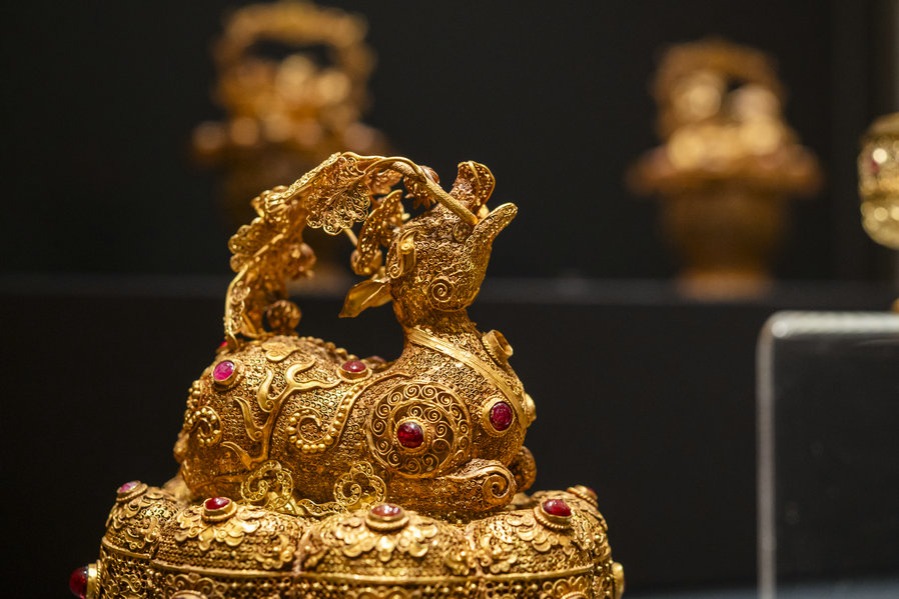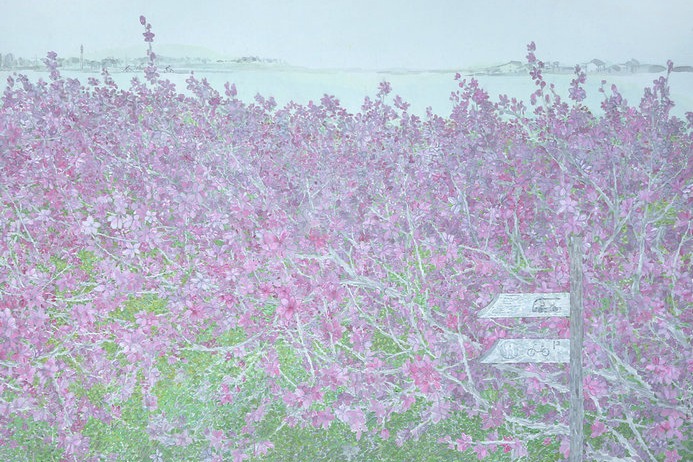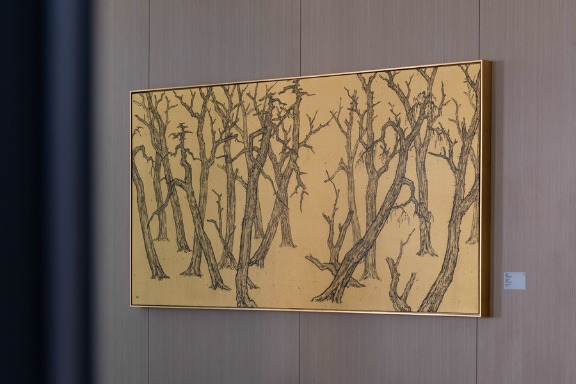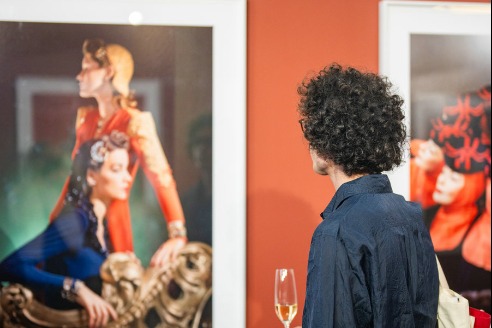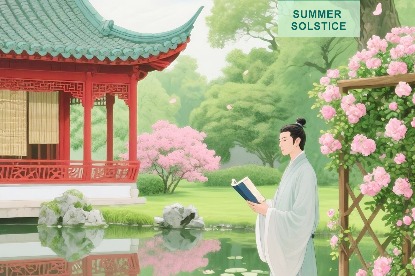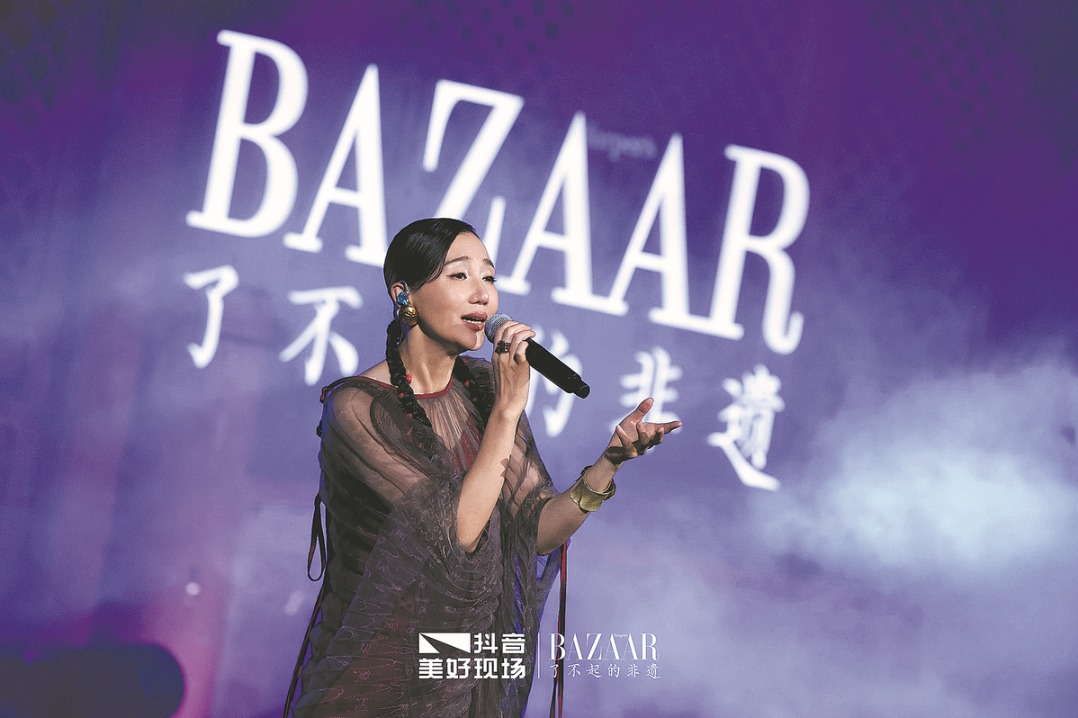Poetry recital celebrates cultural splendor

DHAKA — Through a series of wonderful performances, including poetry recitation, calligraphy displays, and stage performances, the Bangladesh Chinese Poetry Recitation Competition was successfully held recently in Dhaka.
It attracted more than 100 Chinese language learners. After preliminary selections, 12 contestants advanced to the individual finals, and nine teams to the group finals.
"My favorite Chinese poet is Li Bai," says Amina Tun Tiyaba, the winner of the individual category.
Having studied Chinese for more than three years at the University of Dhaka, she can now recite poems and has already begun to appreciate the artistic conception and beauty embedded in Chinese poetry.
"In the future, I hope to learn and understand more Chinese poems, and experience the poetic charm and elegance of traditional Chinese culture through poetry," she adds.
"I think the nobility and serenity of Chinese poems influence me deeply," says Sanjida Anwar, who was part of a team with classmates.
"Whether in terms of expression, stage performances, or the understanding of the poems, today's competition was truly impressive," says Yang Hui, Chinese director of the Confucius Institute at the University of Dhaka.
"This has also inspired us to adopt more diverse methods in future teaching, to enrich the learning experience and deepen interest in, and understanding of, Chinese culture," she adds.
Bulbul Ashraf Siddiqi, director of the Confucius Institute at the North South University, says that learning a language is not just about words — it's about understanding a culture and a way of life. It can open new paths for the future and even change lives.
"Keep your passion for language learning alive," Siddiqi says, adding that "the future belongs to the East. Be prepared for it, and keep improving your skill in foreign languages".
Sayema Haque Bidisha, province-chancellor of the University of Dhaka, says that it is important to acknowledge and remind that Chinese history and culture are among the oldest in the world. At the same time, the people of Bangladesh also have a long-standing history, rich culture, and strong heritage.
"There are many similarities between the cultural aspects of our two countries," she say. "It is important to understand each other's cultures, because culture plays a crucial role when we talk about building a peaceful, harmonious world based on friendship, mutual collaboration, and dialogue."
Li Shaopeng, cultural counselor at the Chinese Embassy in Bangladesh, says that the enthusiasm and talent of the young generation show how language and culture can bring people closer.
This year marks 50 years of diplomatic ties between China and Bangladesh, and the year of people-to-people exchanges between the two countries, Li says, adding that the contestants' voices — their poems — were part of a bigger story: one of friendship, learning and shared dreams.
Hosted by the Center for Language Education and Cooperation under the Ministry of Education of China, the event was overseen by the Chinese Embassy in Bangladesh, and organized by the Confucius Institute at the University of Dhaka, the Confucius Institute at North South University, the Shanto Mariam-Honghe Confucius Classroom, and the Institute of Modern Languages at the University of Dhaka.
Xinhua

















